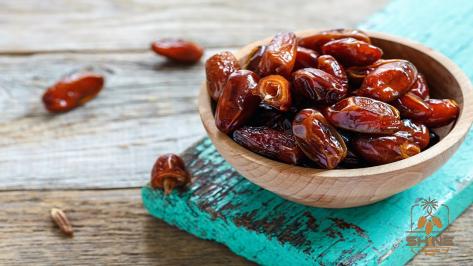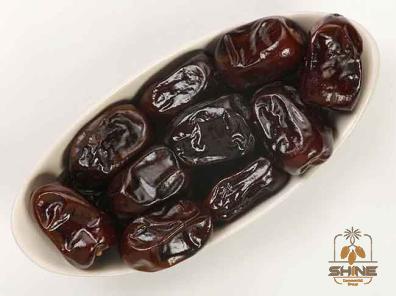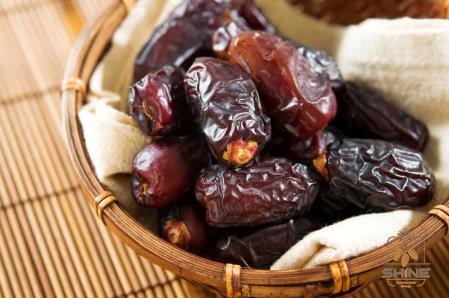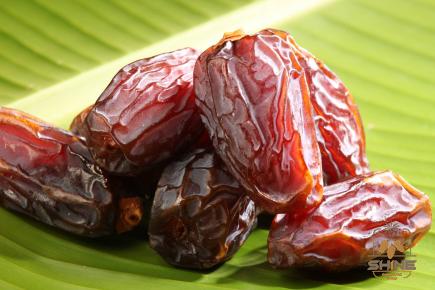Tunisia is a country that produces a variety of dates and their by-products such as date sugar in the market and it is finding its place. The amount of food grown in Tunisia is not sufficient to meet the country’s needs.
The most valuable agricultural products imported in 2021 were wheat (595 million dollars), soybeans (278 million dollars), barley (265 million dollars), corn (265 million dollars), vegetable oils (207 million dollars), and sugar (73 million dollars).
Olive oil was the most valuable agricultural export, bringing in $564 million; dates brought in $236 million; fish goods brought in $204 million, and citrus fruit brought in $8 million.
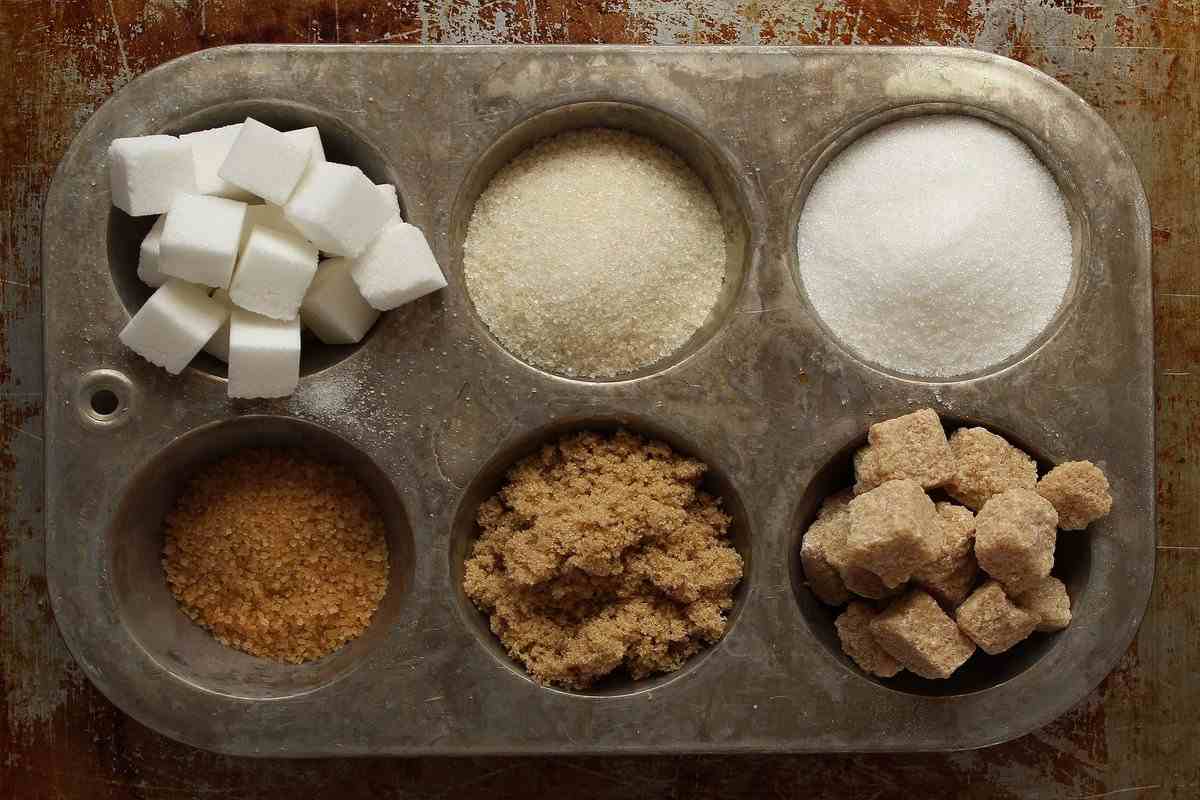
The average import tax rate that Tunisia applies to agricultural products coming from the United States is 32 percent. The United States provided Tunisia with agricultural products worth a total of $187 million in the year 2021.
Over ninety-five percent of such items consisted of soybeans and corn. The Generalized System of Preferences is beneficial to Tunisia in several ways (GSP).
However, the law that allowed for the continuation of the GSP program expired on December 31, 2020, and the United States Congress has not yet taken a vote to renew it.
Olive oil and dates accounted for 92% of Tunisia’s total agricultural exports to the United States in 2021, which totaled 259 million dollars worth of commodities. Tunisia is the source of 13–35% of the dates and 4–20% of the olive oil that is imported into the United States.
When compared to the economies of other North African countries, agriculture makes up a very insignificant portion of Tunisia’s economy. It accounts for 16% of all jobs in the country, contributes 12% to GDP, and expands by approximately 2% annually.
Even though there are becoming more large farms, the business is nevertheless subject to a great deal of regulation and is politically touchy. Because of its location and its history, the European Union has exerted a significant amount of influence on Tunisia’s agricultural policy.
It is more difficult to invest and expand in Tunisia due to the country’s stringent market regulations, which are present throughout the whole agricultural value chain.
Going directly to the government in order to rent land from either the government or the Ministry of Agriculture is one option for private farmers. It is forbidden for non-citizens to acquire agricultural land, although they are permitted to lease it.
It was anticipated that there will be 1,280 enterprises in the food processing industry that employed 10 or more people in the year 2021. Roughly twenty percent of these companies produce items that are never offered in the domestic market.
Because an increasing number of individuals choose to consume processed meals rather than fresh foods, the value of the production of this industry, which is currently over $12 billion per year, is consistently growing.
The demand for imported high-value ingredients in the food processing business is quickly increasing as global food corporations obtain licenses for more difficult activities.
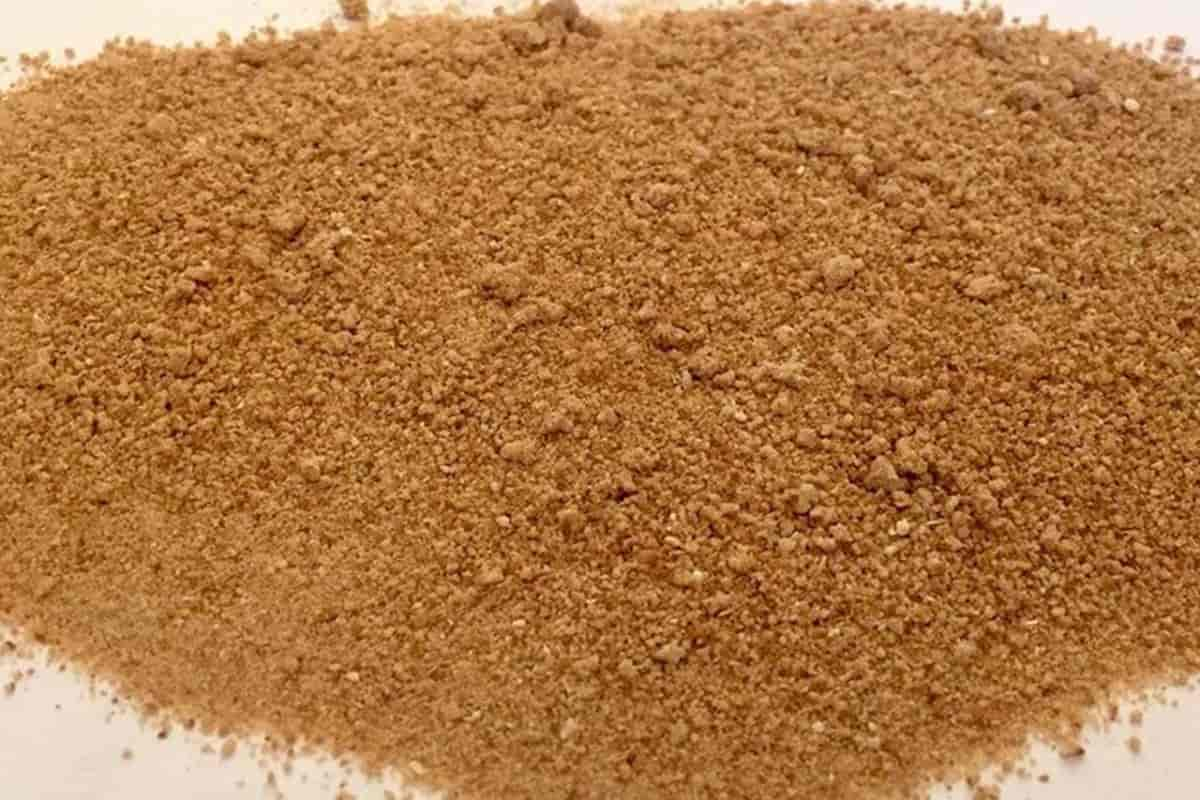
This is driving up the price of imported high-value ingredients. This rise, on the other hand, has been halted for the time being as a result of declines in demand due to COVID-19, most notably the collapse of the tourism industry.
Oilseeds, vegetable oils, sugar derivatives, cereals, and cereal products make up an average of ninety percent of Tunisia’s food imports.
Over the course of the previous decade, multinational investors and the retail industry have collaborated to construct cutting-edge distribution centers, supermarkets, and hypermarkets.
This has resulted in a significant amount of expansion. In the vast majority of these, France has played the role of the primary player. However, as a result of the pandemic, shopping malls and hypermarkets were forced to close for an extended period of time.
As a result, the retail industry has lost market share to independent businesses and grocery stores throughout the course of the past year. The pandemic has made it difficult to travel around, which has led to an increase in the number of people purchasing food online.
This sector caters not just to the people who were born and raised in Tunisia but also to the large number of tourists that visit the country each year.
The majority of hotels, restaurants, and other food service establishments obtain their supplies of food either through annual bids or the same distribution channels as private houses.
The importation of spirits, wines, and artisan cheeses into luxury hotels can be done either directly by the hotels themselves or by third-party companies. The economic impact of COVID-19 has been significant, particularly on the tourism and food service industries.
Products and services that are beneficial to regional agriculture and agro-processing present the best opportunities for market expansion.
Examples of such goods and services include soybeans and crude vegetable oil, feed grains and additives, modified starches, enzymes, genetics, grain silos, elevators, tractors, harvesters, irrigation systems, pesticides, and food processing and bottling equipment.

In accordance with the Investment Law that was passed in 2016, the GOT provides tax discounts of up to fifty percent in an effort to encourage individuals to purchase agricultural machinery.
In addition, the United States and Tunisia have reached a consensus on a number of health certificates that will be valid from 2017 through 2019.
The United States will find it much simpler to export beef, poultry, eggs, day-old chicks, breeding cattle, sheep, and goats, as well as sperm from horses and cows, as a result of these certifications.
In Tunisia, consumer products that are expected to be successful include tree nuts, dried fruit, condiments and sauces, dairy products, cookies and crackers, chocolate and cocoa, and alcoholic and nonalcoholic drinks.
It would appear that dates are currently trending as a superfood option. This delicious fruit is rich in a variety of nutrients, including potassium, iron, fiber, and B vitamins.
It is possible to create a paste, a syrup, and even sugar from it. Is sugar made from dates as healthy as eating entire dates?
Is it possible to use it in baked items instead of regular granulated sugar? We conducted some investigation to discover the process by which date sugar is manufactured as well as the culinary applications for which it is suitable (and inappropriate) use.
Date sugar is made from powdered, dried dates that are ground up until they resemble granulated sugar.
Because the sugar is extracted from de-pitted and whole dates, it retains a trace amount of the fibrous component of dates, which prevents it from dissolving in hot liquids or baked items.
In spite of its appearance, it has a flavor that is much more like to butterscotch than it does to brown sugar.
The sap of the sugar palm tree is where sugar palm, also known as “date palm sugar,” originates. Palm sugar is also known as “date palm sugar.” Date sugar and regular sugar are not the same.
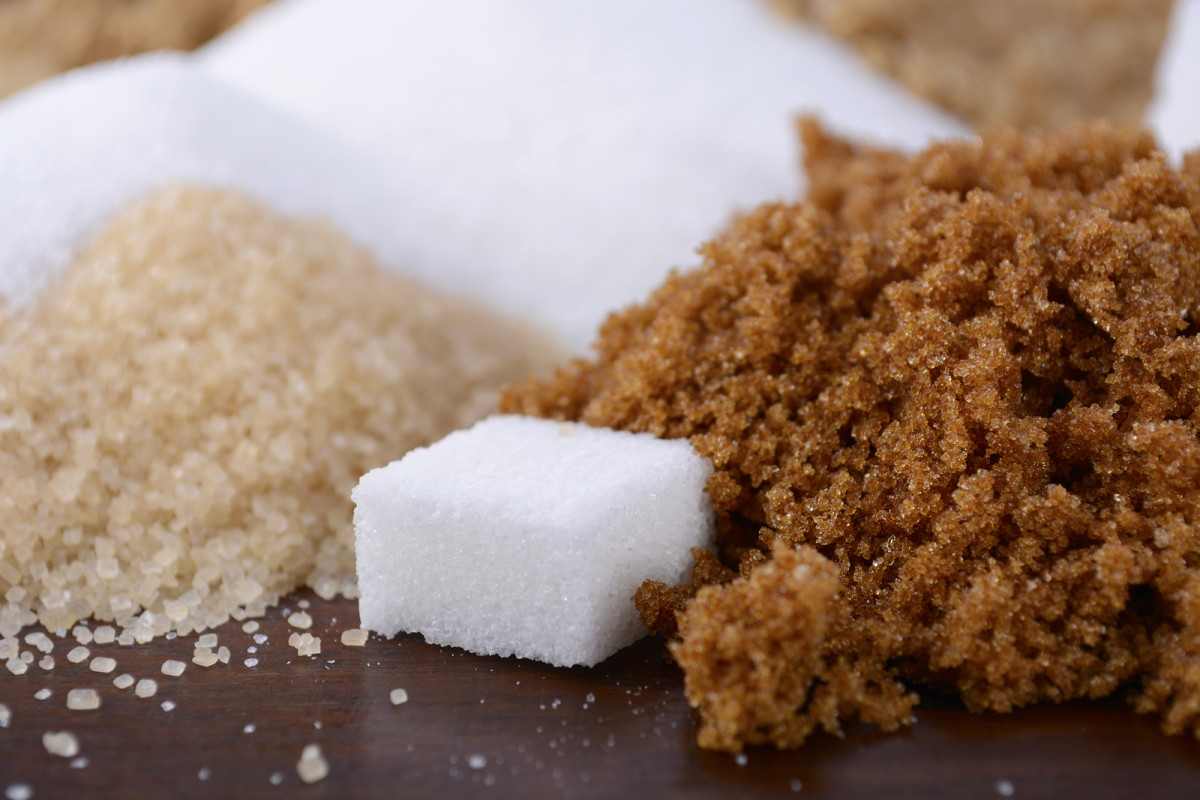
In the same manner as cane sugar, sugar palm sap must be boiled until it crystallizes and then allowed to dry. Date sugar is made up of a unique combination of nutrients.
You can use either the refined or unprocessed granulated version of it in baking recipes. It is available in both refined and unrefined granulated forms. It is sometimes available for purchase, much like piloncillo sugar cones are.
In baking recipes, granulated sugar or brown sugar can be swapped out for date sugar. Date sugar can also be used in place of date paste. However, due to the fact that it is more expensive, it need to be reserved for usage only on exceptional events.
A chicken or beef rub made with even a modest amount of date sugar can impart the flavor of caramel to the meat.
You will be able to fully appreciate its delicate flavors and reap the advantages of the additional fiber if you bake it into straightforward cookies.
You can sprinkle date sugar that has been tinted with caramel on top of muffins, porridge, or even your favorite pie.
As a consequence of our years of experience in the date market and the by-products of various sorts of dates, our business has become relatively well-known in the area and among many people worldwide.
Thanks to our years of experience in the date market and the by-products of various types of dates, our company has effectively become extremely well known among the locals and quite a few other people all over the world.
The fact that we work with so many suppliers and franchisees in the Middle East, Asia, Europe, and the Americas is more evidence that we have been given the exceptional chance to export our products to a sizable worldwide market and cultivate a strong clientele of people from all walks of life.
We have a competitive advantage over many other firms thanks to our years of experience in the date industry and the by-products of v. vitifolia, which includes the ability to swiftly deliver orders to customers in some of the most remote places on Earth.
As a result, we have been able to broaden our market and sell our goods and items to a huge number of nations worldwide while also establishing our brand among a huge number of individuals from a huge number of various nations.
